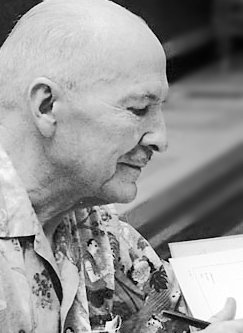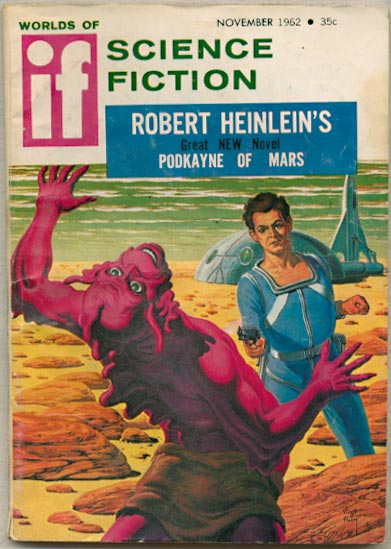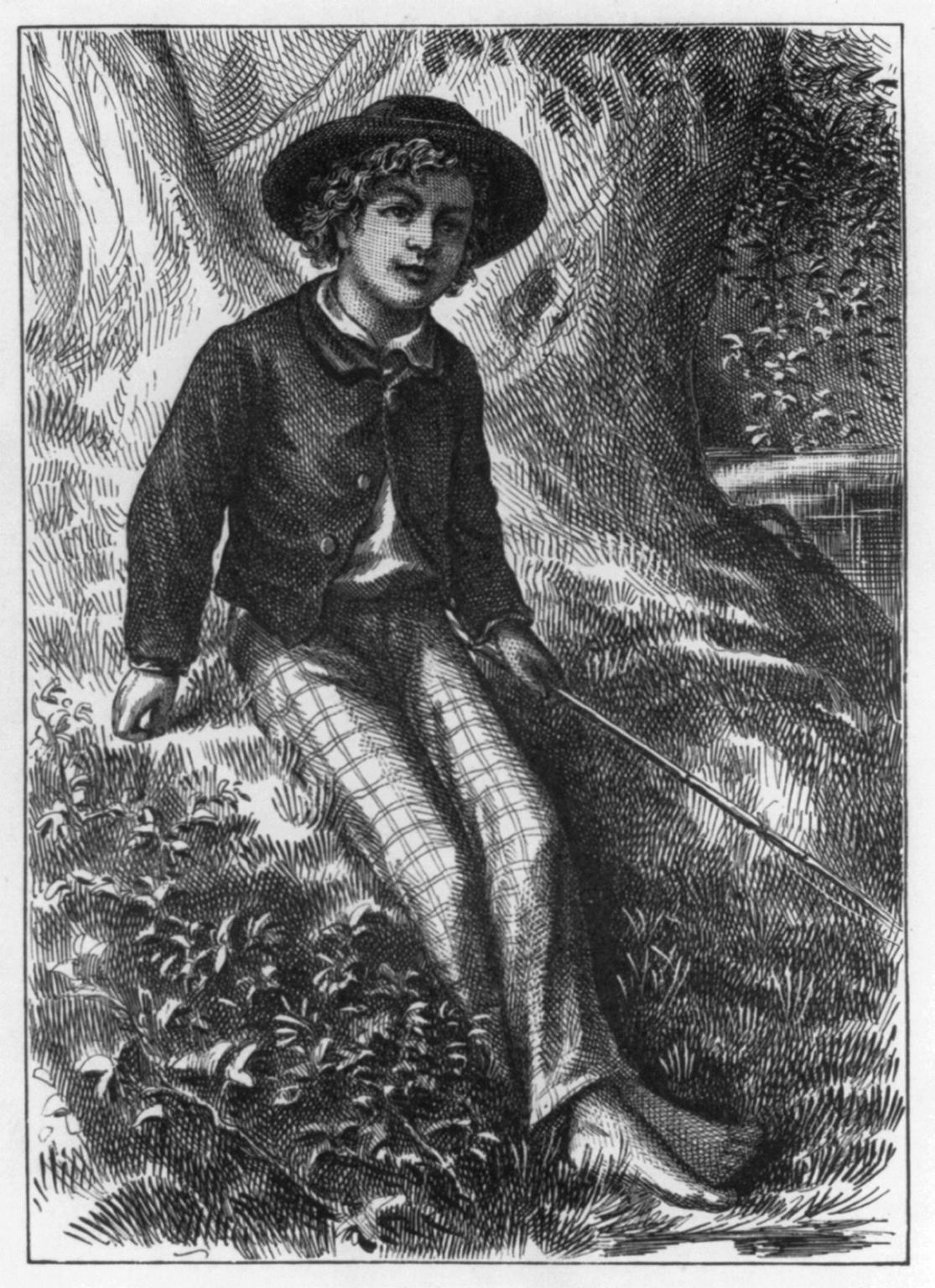Heinlein, Robert A. 1907-1988
Enlarge text Shrink text- His Rocket ship Galileo, 1947.
- His Tan hsing shih tai, 1978(Lo-po Hai-lai-en)
- His The moon is a harsh mistress, 1996:CIP info (d. 1988)
- Biog. resource center (Contemp. authors), May 22, 2006(Robert A(nson) Heinlein; b. July 7, 1907, Butler, Mo.; d. May 8, 1988, Carmel, Calif.; writer, 1939-88; also known as: Anson MacDonald, Lyle Monroe, John Riverside, Caleb Saunders, Simon York)
- OCALC: Heinlein, Robert A. (Robert Anson), 1907-1988
- The Author's האבן המתגלגלת, (1981).
Robert Anson Heinlein ( HYNE-lyne; July 7, 1907 – May 8, 1988) was an American science fiction author, aeronautical engineer, and naval officer. Sometimes called the "dean of science fiction writers", he was among the first to emphasize scientific accuracy in his fiction, and was thus a pioneer of the subgenre of hard science fiction. His published works, both fiction and non-fiction, express admiration for competence and emphasize the value of critical thinking. His plots often posed provocative situations which challenged conventional social mores. His work continues to have an influence on the science-fiction genre, and on modern culture more generally. Heinlein became one of the first American science-fiction writers to break into mainstream magazines such as The Saturday Evening Post in the late 1940s. He was one of the best-selling science-fiction novelists for many decades, and he, Isaac Asimov, and Arthur C. Clarke are often considered the "Big Three" of English-language science fiction authors. Notable Heinlein works include Stranger in a Strange Land, Starship Troopers (which helped mold the space marine and mecha archetypes) and The Moon Is a Harsh Mistress. His work sometimes had controversial aspects, such as plural marriage in The Moon Is a Harsh Mistress, militarism in Starship Troopers and technologically competent women characters who were formidable, yet often stereotypically feminine—such as Friday. Heinlein used his science fiction as a way to explore provocative social and political ideas and to speculate how progress in science and engineering might shape the future of politics, race, religion, and sex. Within the framework of his science-fiction stories, Heinlein repeatedly addressed certain social themes: the importance of individual liberty and self-reliance, the nature of sexual relationships, the obligation individuals owe to their societies, the influence of organized religion on culture and government, and the tendency of society to repress nonconformist thought. He also speculated on the influence of space travel on human cultural practices. Heinlein was heavily influenced by the visionary writers and philosophers of his day. William H. Patterson Jr, writing in Robert A. Heinlein: In Dialogue with his Century, states that by 1930, Heinlein was a progressive liberal who had spent some time in the open sexuality climate of New York’s Jazz Age Greenwich Village. Heinlein believed that some level of socialism was inevitable and was already occurring in America. He was absorbing the social concepts of writers such as H.G. Wells and Upton Sinclair. He adopted many of the progressive social beliefs of his day and projected them forward. Heinlein was named the first Science Fiction Writers Grand Master in 1974. Four of his novels won Hugo Awards. In addition, fifty years after publication, seven of his works were awarded "Retro Hugos"—awards given retrospectively for works that were published before the Hugo Awards came into existence. In his fiction, Heinlein coined terms that have become part of the English language, including grok, waldo and speculative fiction, as well as popularizing existing terms like "TANSTAAFL", "pay it forward", and "space marine". He also anticipated mechanical computer-aided design with "Drafting Dan" in his novel The Door into Summer and described a modern version of a waterbed in his novel Stranger in a Strange Land.
Read more on Wikipedia >
 Personality
Personality













